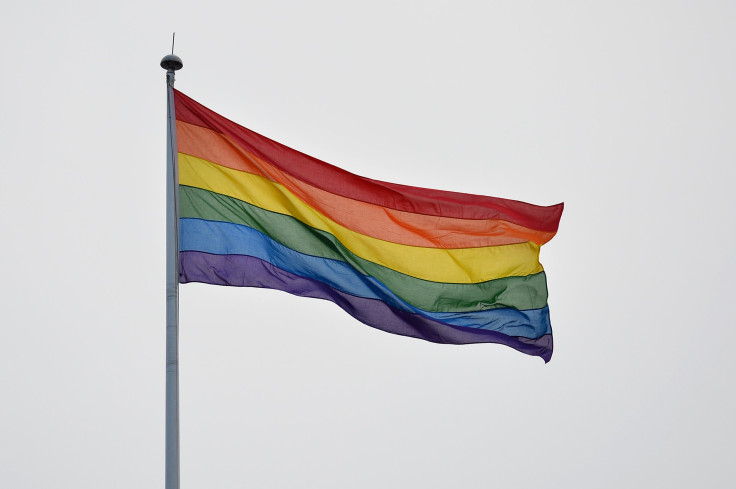LGBT Rights: Supreme Court Protects Workers From Job Discrimination In Landmark Case

The Supreme Court ruled in a 6-3 vote Monday that the Civil Rights Act of 1964 protects LGBT workers from job discrimination. The outcome would impact 8.1 million LGBT employees across the country, many of whom are not protected by state law.
"An employer who fires an individual for being homosexual or transgender fires that person for traits or actions it would not have questioned in members of a different sex. Sex plays a necessary and undisguisable role in the decision, exactly what Title VII forbids," Justice Neil Gorsuch wrote in the majority opinion. Title VII of the Civil Rights Act “prohibits employment discrimination based on race, color, religion, sex, and national origin.”
Conservative Justices Samuel Alito, Brett Kavanaugh and Clarence Thomas dissented. The Trump administration has claimed that Title VII does not extend to sexual orientation.
"The ordinary meaning of 'sex' is biologically make or female; it does not include sexual orientation," the Justice Department argued. "An employer who discriminates against employees in same-sex relationships thus does not violate Title VII as long as it treats men in same-sex relationships the same as women in same-sex relationships."
Alphonso David, the president of the pro-LGBT Human Rights Campaign advocacy group, praised the Court's ruling.
“This is a landmark victory for LGBTQ equality,” David said in a statement. “No one should be denied a job or fired simply because of who they are or whom they love. For the past two decades, federal courts have determined that discrimination on the basis of LGBTQ status is unlawful discrimination under federal law."
June is LGBT pride month, and this decision is the latest victory for the gay and transgender movement. In June 2015, the Supreme Court struck down all state bans on gay marriage in the Obergefell v. Hodges case and legalized it across the country. In the 2013 United States v. Windsor case, the Court eliminated the portion of the Defense of Marriage Act that defined marriage as a “legal union between one man and one woman as husband and wife.”
In the 2003 Lawrence v. Texas case, the Court ruled that laws banning same-sex sexual activity between consenting adults are unconstitutional. Marriage equality was first considered by the Court in the 1972 Baker v. Nelson case after a gay couple was turned away from a marriage license in Minneapolis.
© Copyright IBTimes 2025. All rights reserved.





















